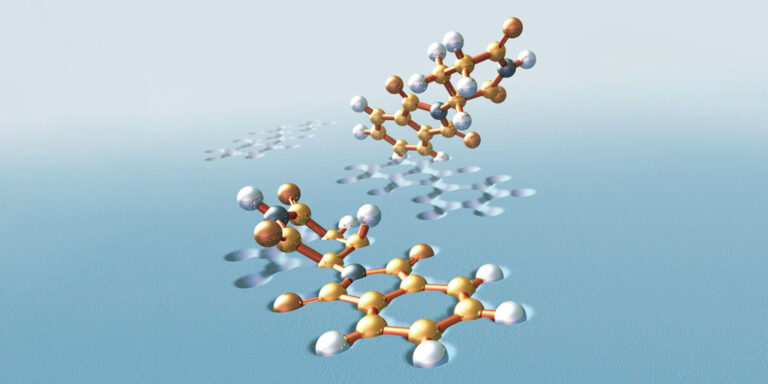PHI granted patent on synthetic antibodies in the U.S.


Phase Holographic Imaging AB (PHI) announces today that the Company has been granted a patent (US10730986B2) on synthetic antibodies from the United States Patent and Trademark Office (USPTO). PHI submitted the patent application "Molecularly Imprinted Polymers" together with Germany’s federal institute for materials research (BAM) to the USPTO on November 20, 2017.
"The approval of the patent in the U.S. marks a significant milestone for the project; ultimately, it may lead to novel screening methods and new opportunities to diagnose cancer at an early stage," says Peter Egelberg, CEO of PHI.
Synthetic antibodies
The granted patent covers technology for creating synthetic plastic antibodies that can be tailored to recognize and bind to specific molecules with high precision, and thus to e.g. identify cancer cells in tissue samples.
The synthetic antibodies are developed within the joint project GlycoImaging where PHI participates together with Malmö University and four other research institutes. PHI holds the commercial rights to the innovation, owning 75 percent of the technology, while Germany’s federal institute for materials research owns the remaining 25 percent.
About the GlycoImaging project
GlycoImaging is a joint cancer research project coordinated by Malmö University which aims to develop a new generation of synthetic biomarkers to improve the cost-efficiency of cancer diagnostics and improve the ability to detect the disease at an early stage beyond what is possible today.
The presence of specific combinations of carbohydrates and proteins are unique markers for cancer cells. Such markers can currently be detected with the use of natural antibodies, molecules produced by the immune system to detect and identify foreign substances, but synthetic plastic antibodies combined with innovative imaging technologies offer the potential to detect such combinations with higher precision. The objective is to ultimately use the technology to develop general screening methods for cancer. The GlycoImaging project is funded by EU grants within the Horizon 2020 program.
About BAM
Germany’s federal institute for materials research (Bundesanstalt für Materialforschung und -prüfung, BAM) is a non-commercial scientific and technical institute with responsibility to the Federal Ministry for Economic Affairs and Energy. BAM’s responsibilities include scientific testing, advice and cooperation to promote knowledge and technology transfer related to the materials area.


